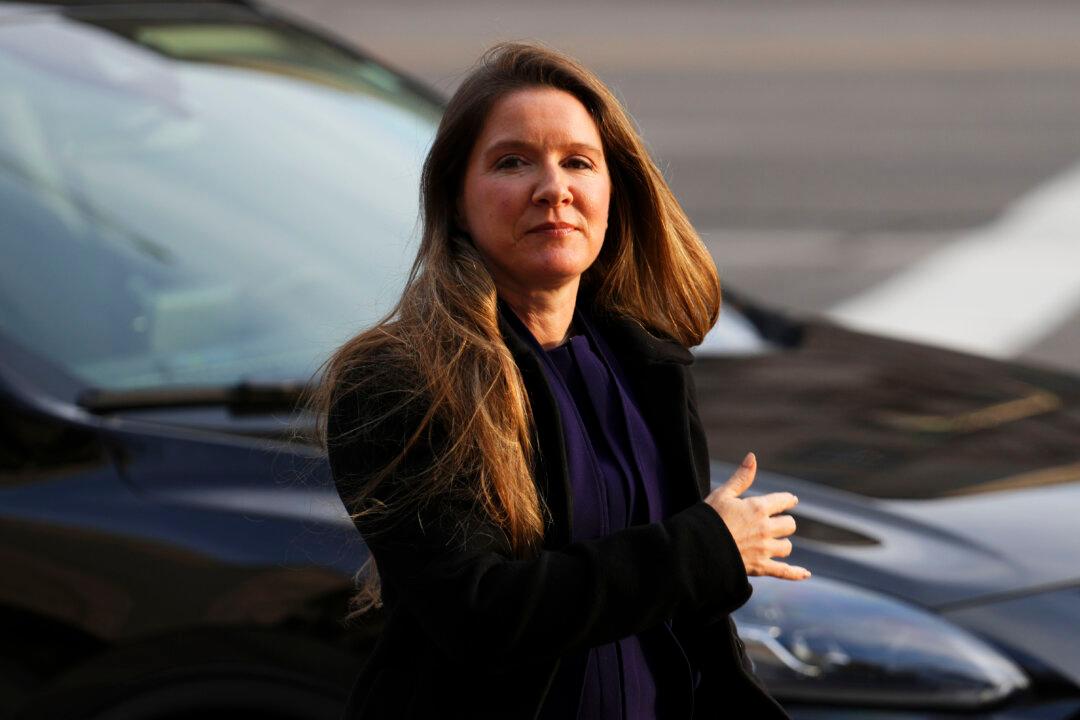The federal Conservatives have tabled a motion in the House of Commons to order Prime Minister Justin Trudeau’s top advisor to testify before a parliamentary committee studying foreign interference in Canada’s past two federal elections.
The motion, sponsored by Conservative Party Leader Pierre Poilievre on March 20, called for the Commons Standing Committee on Ethics to undertake a study of “all aspects of foreign interference in relation to the 2019 and 2021 general elections” in light of reports of interference by Beijing.





